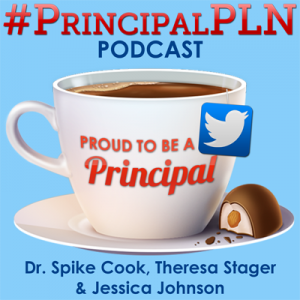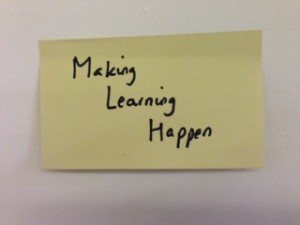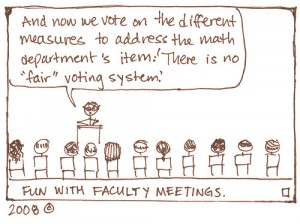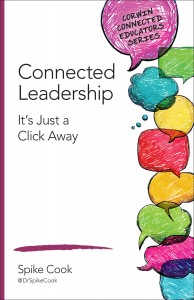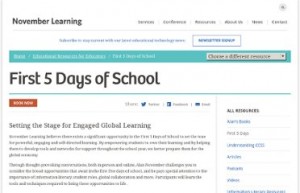I know that teachers use exit tickets all the time. They try to determine what the students still need help with or are having trouble understanding. I use exit tickets after the staff meetings to determine if the meeting was effective.
At the conclusion of every staff meeting we always do a Plus/Delta (Basically what we are trying to understand is what worked well in the meeting and what do we need to improve on). I have been using this type of exit ticket for the past few years. I always reflect on the Deltas to help improve the meeting for the next time. For instance, one of the Deltas for a staff meeting was the lack of chairs. Brilliant! I should know better to have enough chairs for everyone and especially if we have guests.
I also used another type of exit ticket this year. After we concluded with the Plus/Deltas, I asked the staff to write a concern or question that was still on their mind on a post-it. The questions I received were awesome! Honestly, there were certain things I obviously didn’t cover in the meeting, and there were other things I needed to clarify! Some of the questions I needed to get answered from the District, and others I was able to answer immediately. Then, I typed up all of the questions and answers from the Exit Tickets and emailed them to the staff!
Of course there are other “technology” based ways of using Exit Tickets at Staff Meetings such as:
- Today’s Meet – You can easily accomplish Plus/Deltas and Exit tickets with this free source
- Google Docs – You can easily make a Google doc for everyone to respond to and then sift through the data
- Exit Ticket – Personalized feedback using a simple approach to data gathering
No matter how you choose to use the Exit Tickets, the important thing to understand is how important they are in being transparent, reflective, and mindful of the power of the room!


